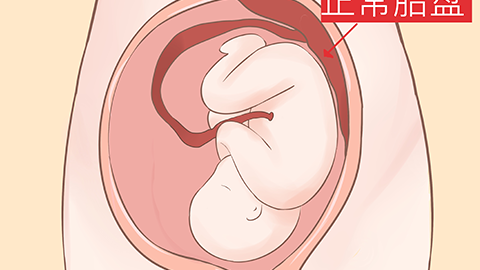Can poor placental function cause a newborn to arch their neck backwards?
Placental insufficiency may lead to a newborn's neck hyperextension, but it is usually not the direct cause. If any discomfort occurs, timely medical consultation is recommended.

If placental insufficiency causes fetal hypoxia or inadequate nutrition in the womb, it may affect the normal development of the fetal neuromuscular system. In such cases, newborns may exhibit various developmental issues after birth, including torticollis and neck hyperextension. However, this association is not a direct cause-and-effect relationship, but rather an indirect impact through affecting the overall health of the fetus.
Neck hyperextension in newborns can also be a normal phenomenon, as their neck muscles are not yet fully developed to support the weight of the head. This situation typically occurs when the newborn is crying, playing, or experiencing emotional fluctuations. The neck hyperextension is usually brief and does not accompany other symptoms. If the neck hyperextension is caused by central nervous system infection or hypoxic-ischemic brain injury, prompt treatment is necessary.
Parents should also closely monitor the growth and development of the newborn and schedule regular physical examinations and screenings to ensure healthy development.




